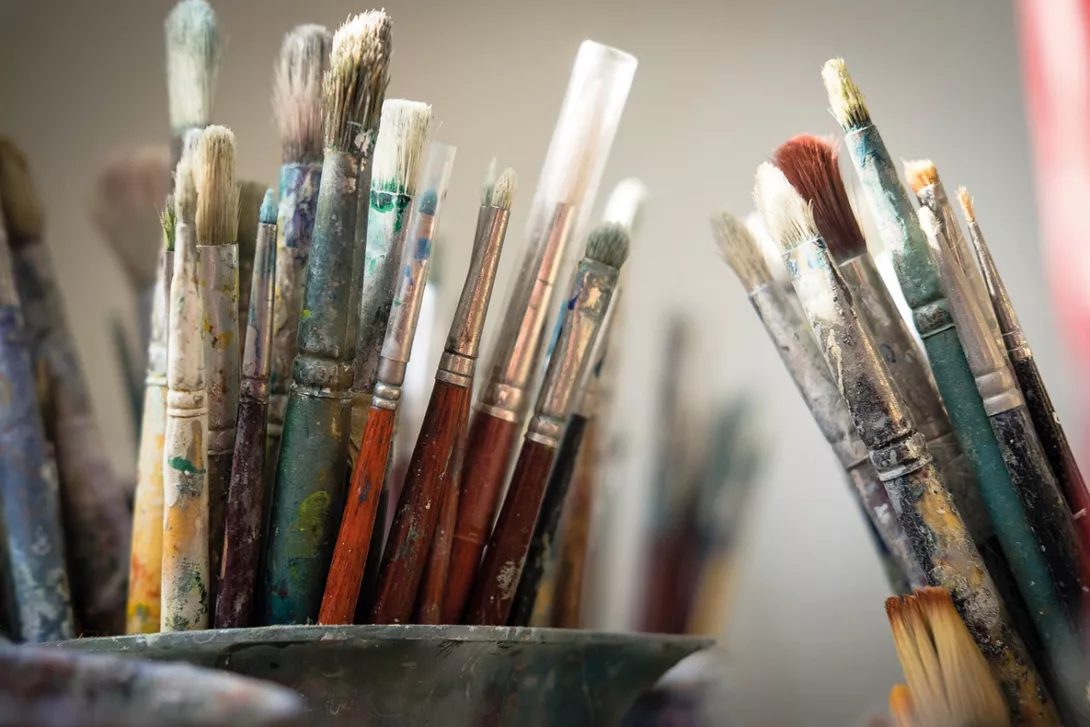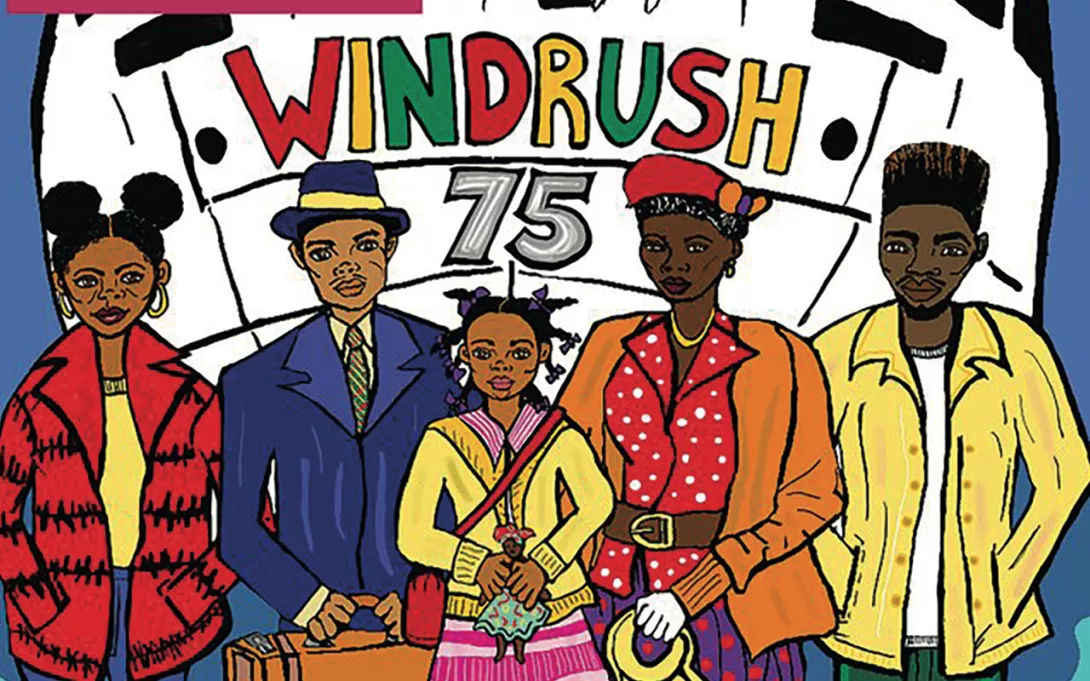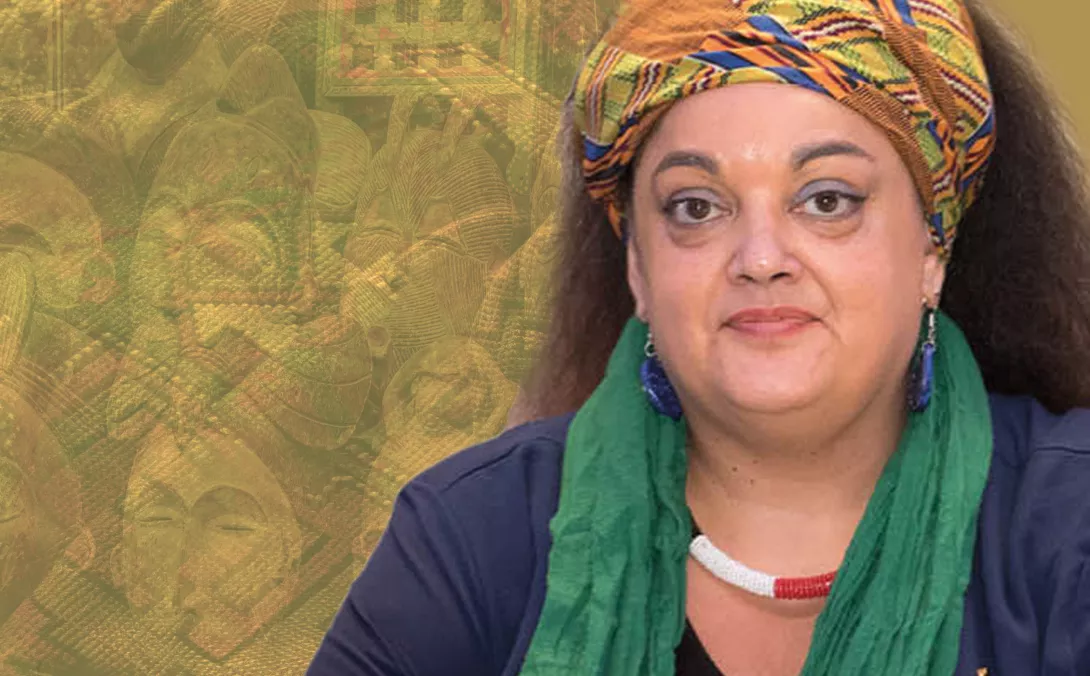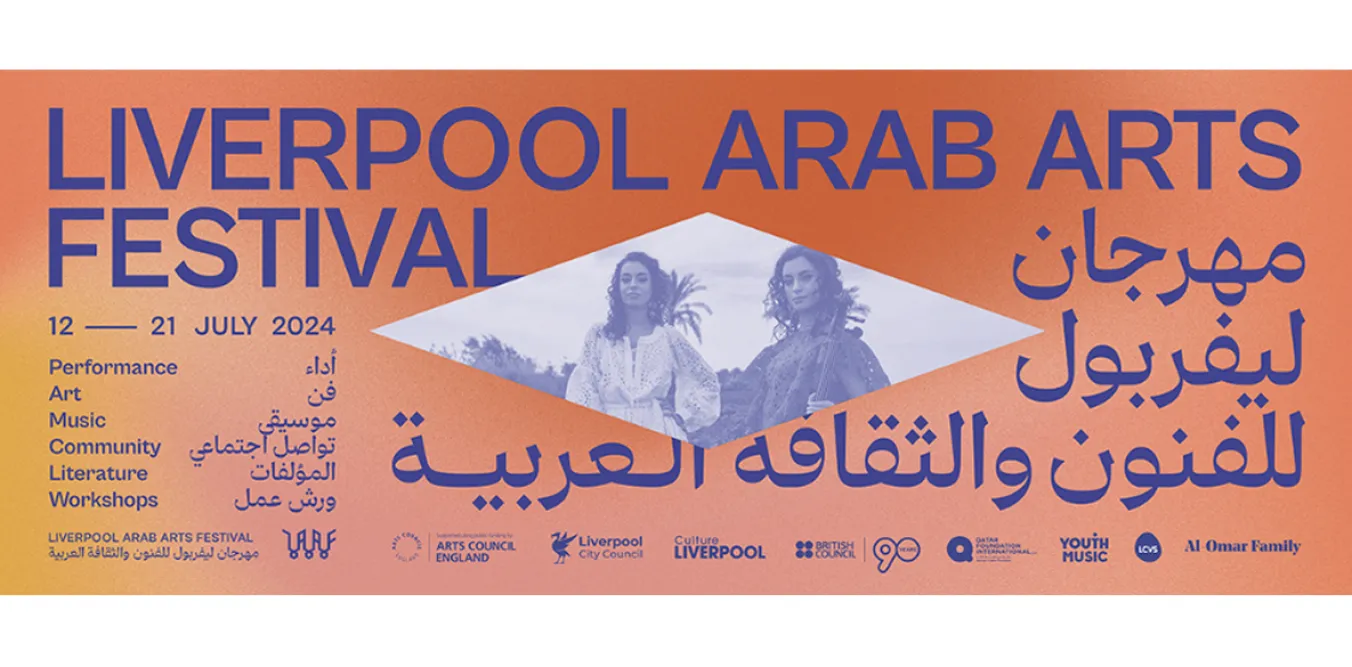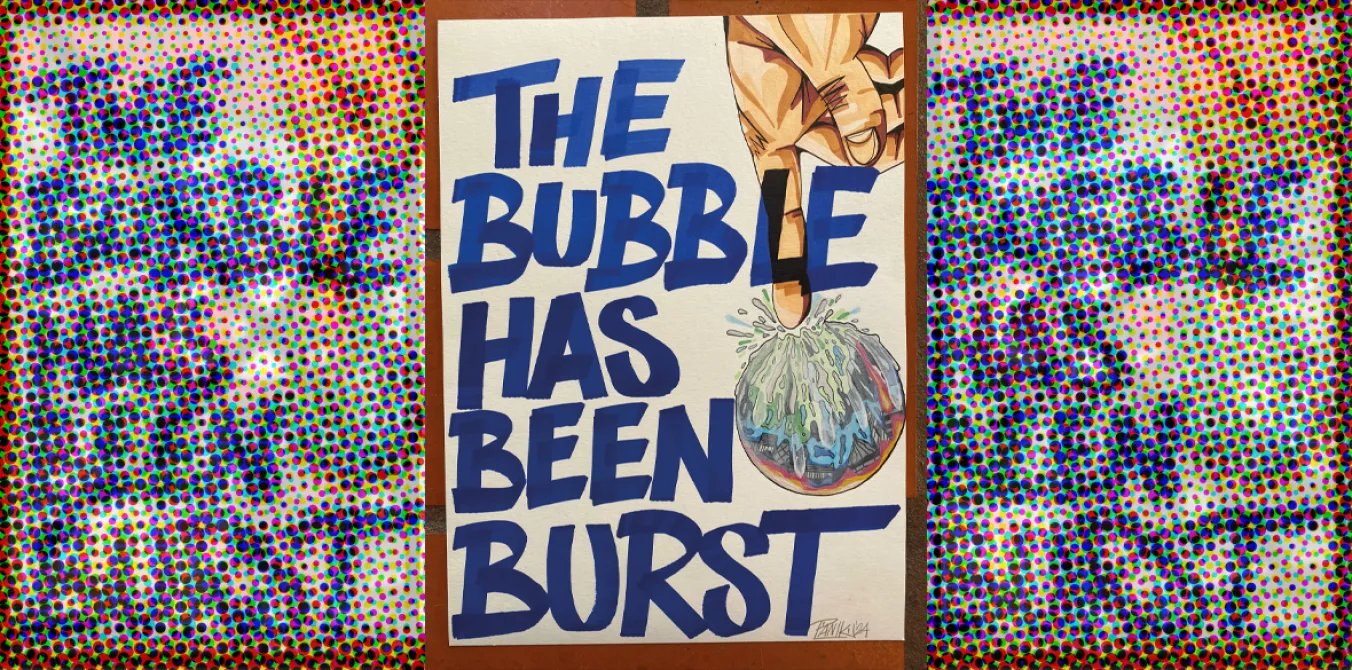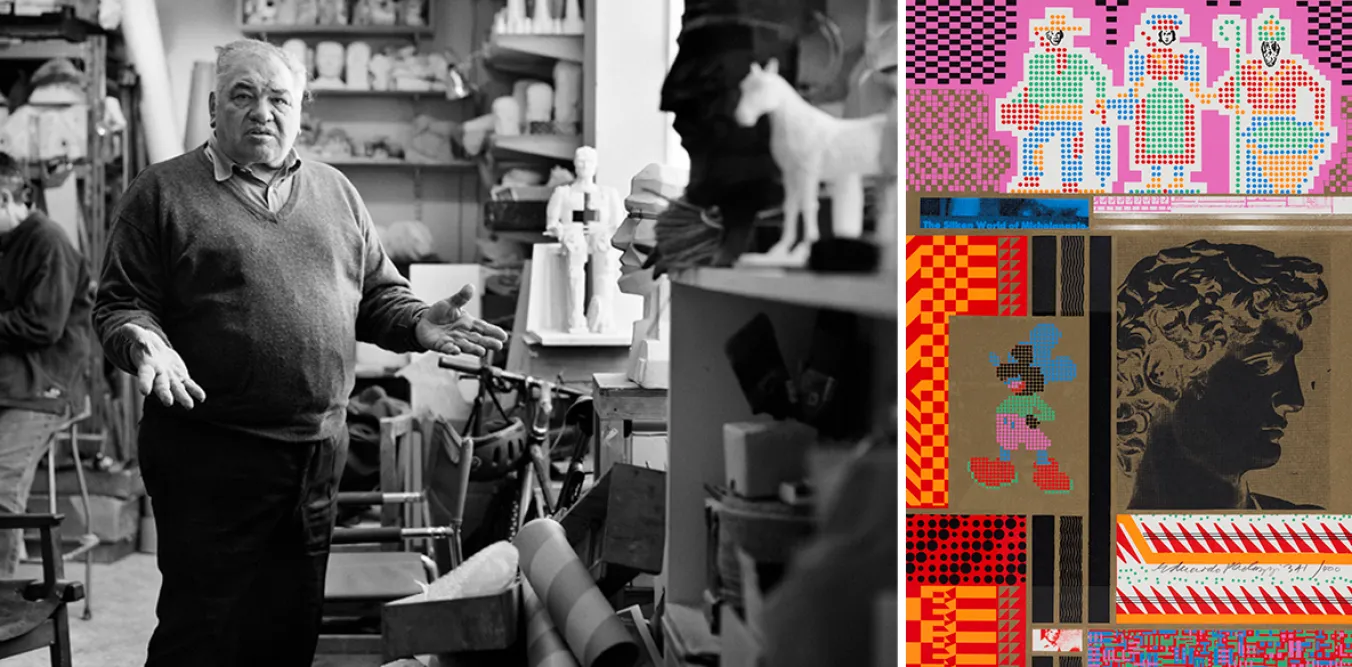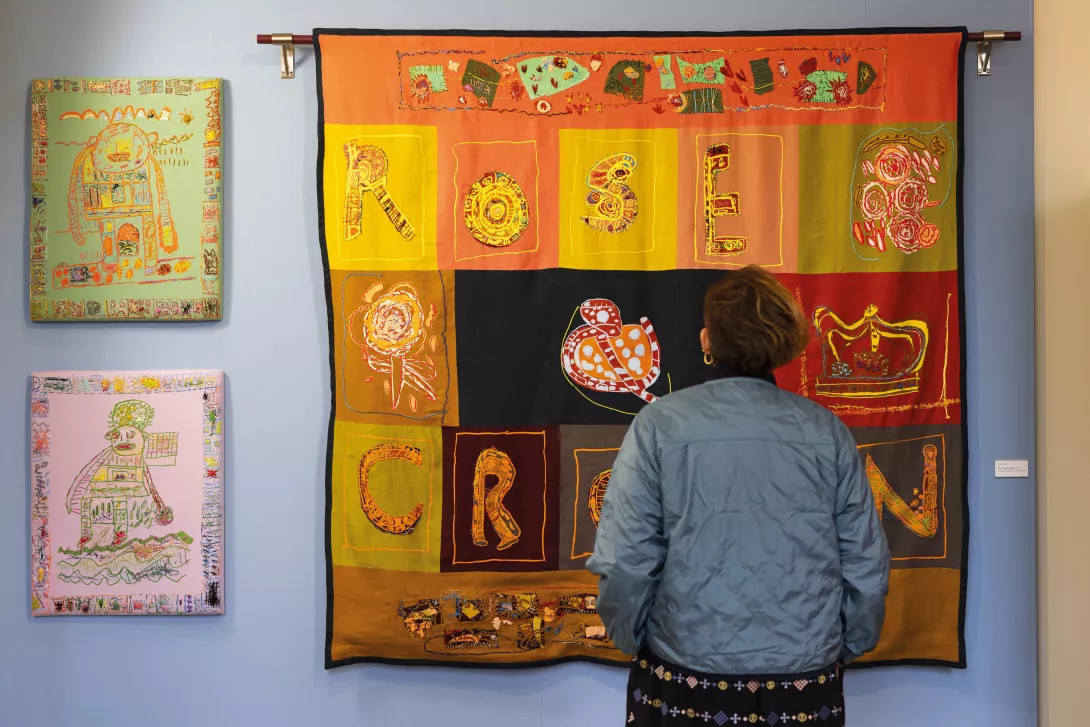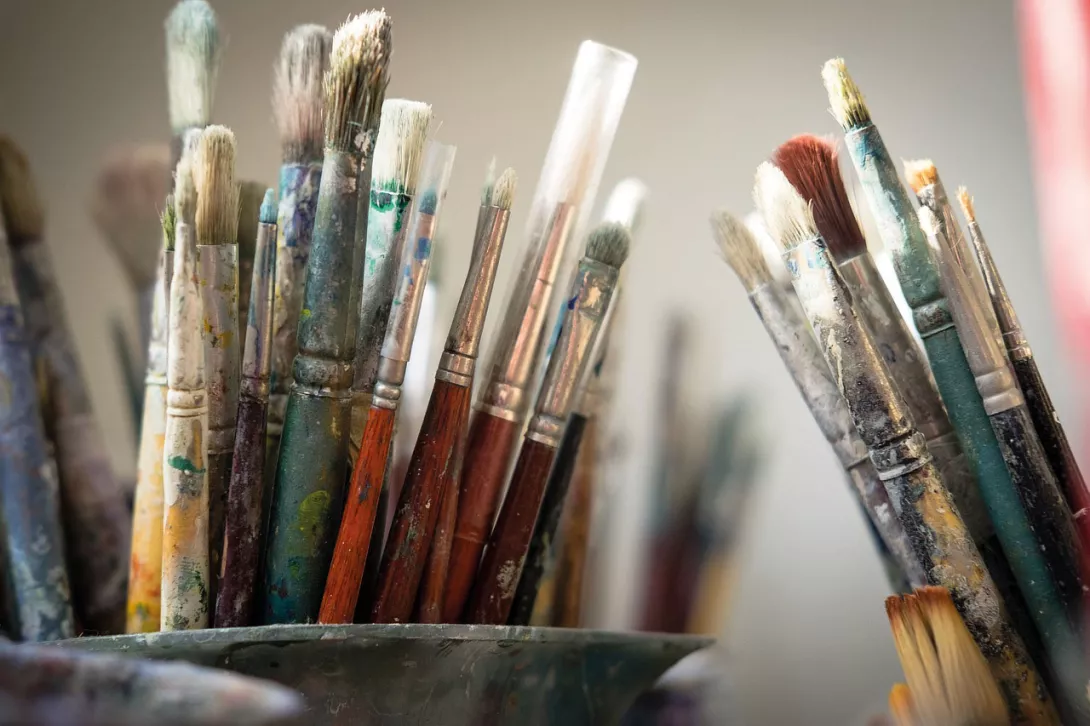
ARTISTS Union England (AUE) has tabled a motion on the value of arts for this year’s TUC Congress. Creative arts benefit society every day, whether bringing joy, exploring history, promoting social justice, equality, healing and well-being, lifting spirits or providing education and therapy. But all too often these things are taken for granted and that includes the artist workers who create art and deliver art programmes.
Artists experience low pay, unequal pay and as most are freelance, a lack of terms, conditions and benefits that other workers have.
When cuts occur, funding for public arts programmes are the first to disappear, with governments disregarding the benefit to society, communities and the economy, (the creative industries contributed £109 billion to the UK economy in 2021, according to the Department for Digital, Culture, Media & Sport) as well as the livelihoods of artists.
